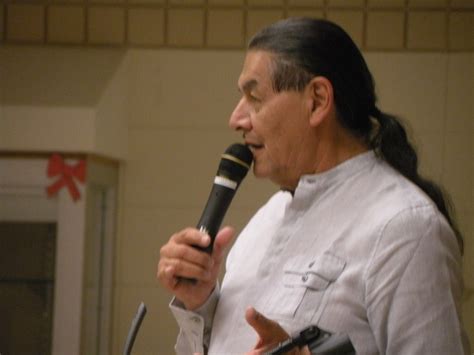A Quote by Zora Neale Hurston
It seems to me to be true that heavens are placed in the sky because it is the unreachable. The unreachable and therefore the unknowable always seems divine--hence, religion. People need religion because the great masses fear life and its consequences. Its responsibilities weigh heavy. Feeling a weakness in the face of great forces, men seek an alliance with omnipotence to bolster up their feeling of weakness, even though the omnipotence they rely upon is a creature of their own minds. It gives them a feeling of security.
Quote Topics
Alliance
Always
Be True
Because
Bolster
Consequences
Creature
Divine
Even
Face
Fear
Feeling
Forces
Gives
Great
Heavens
Heavy
Hence
Life
Masses
Me
Men
Minds
Need
Omnipotence
Own
People
Placed
Religion
Rely
Rely Upon
Responsibilities
Security
Seek
Seems
Sky
Them
Therefore
Though
True
Unknowable
Unreachable
Up
Weakness
Weigh
Related Quotes
And so it is true in this sense that there is essentially but one religion, the religion of the living God. For to live in the conscious realisation of the fact that God lives in us, is indeed the life of our life, and that in ourselves we have no independent life, and hence no power, is the one great fact of all true religion, even as it is the one great fact of human life. Religion, therefore, at its purest, and life at its truest, are essentially and necessarily one and the same.
I want to tell you about the God that actually showed up and healed my heart. Not the God I grew up, because the God I grew up was fundamentally, and I use the word advisedly, fundamentally untrustworthy -- schizophrenic, narcissistic, unreachable, unknowable, and my concept within which I grew up was that Jesus -- He likes me -- but He came to save me from God the Father -- who was the one who was angry and distant, and unreachable, unknowable. All of that had to come crashing down.
Weakness and strength are necessary for balance. No one or nothing is only weak or only strong. But some of us overlook our weaknesses, and even deny that we have them. That can be dangerous, because denying there is a weakness is in itself a weakness. Likewise, accepting that we have weaknesses becomes a strength. And by the same token, overestimating strength is a weakness. You should not be blinded by your strengths. The feeling of strength is not the same as having strength. Neither should you ignore your weaknesses. Know them well, too.
People who, as children, were intellectually far beyond their parents and therefore admired by them, but who also therefore had to solve their own problems alone. These people, who give us a feeling of their intellectual strength and will power, also seem to demand that we, too, ought to fight off any feeling of weakness with intellectual means. In their presence one feels one cannot be recognized as a person with problems just as they and their problems were unrecognized by their parents, for whom he always had to be strong.
Where the good begins.- Where the poor power of the eye can no longer see the evil impulse as such because it has become too subtle, man posits the realm of goodness; and the feeling that we have now entered the realm of goodness excites all those impulses which had been threatened and limited by the evil impulses, like the feeling of security, of comfort, of benevolence. Hence, the duller the eye, the more extensive the good. Hence the eternal cheerfulness of the common people and of children. Hence the gloominess and grief - akin to a bad conscience - of the great thinkers.
I love religion. I could make up religions all day. I sort of think that in an ideal world I'd like to be a religion designer. I'd like people come up to me and say, I need a religion. I'd go talk to them for a while, and I'd design a religion for them. That would be a great job. There's a need for people like that. Fortunately, seeing that one can't actually do it, I get paid for sort of making them up anyway.
I'm specifically referring to this certain feeling of sadness, fear, and helplessness that descended on me at the Mexico City protest a day or two after the Narvarte murders. Many of us have grown familiar with that feeling. Every few weeks or so it seems we're hit with some new crime or some new corruption scandal that isn't quite the same as a massacre, but that spawns a feeling of futility and despair in its own way.
The Christian religion seems to have fulfilled its great biological purpose, in so far as we are able to judge. It has led human thought to independence, and has lost its significance, therefore, to a yet undetermined extent.... It seems to me that we might still make use in some way of its form of thought, and especially of its great wisdom of life, which for two thousand years has proven to be particularly efficacious.
Feeling different, feeling alienated, feeling persecuted, feeling that the only way to deal with the world is to laugh - because if you don't laugh you're going to cry and never stop crying - that's probably what's responsible for the Jews having developed such a great sense of humor. The people who had the greatest reason to weep, learned more than anyone else how to laugh.





































